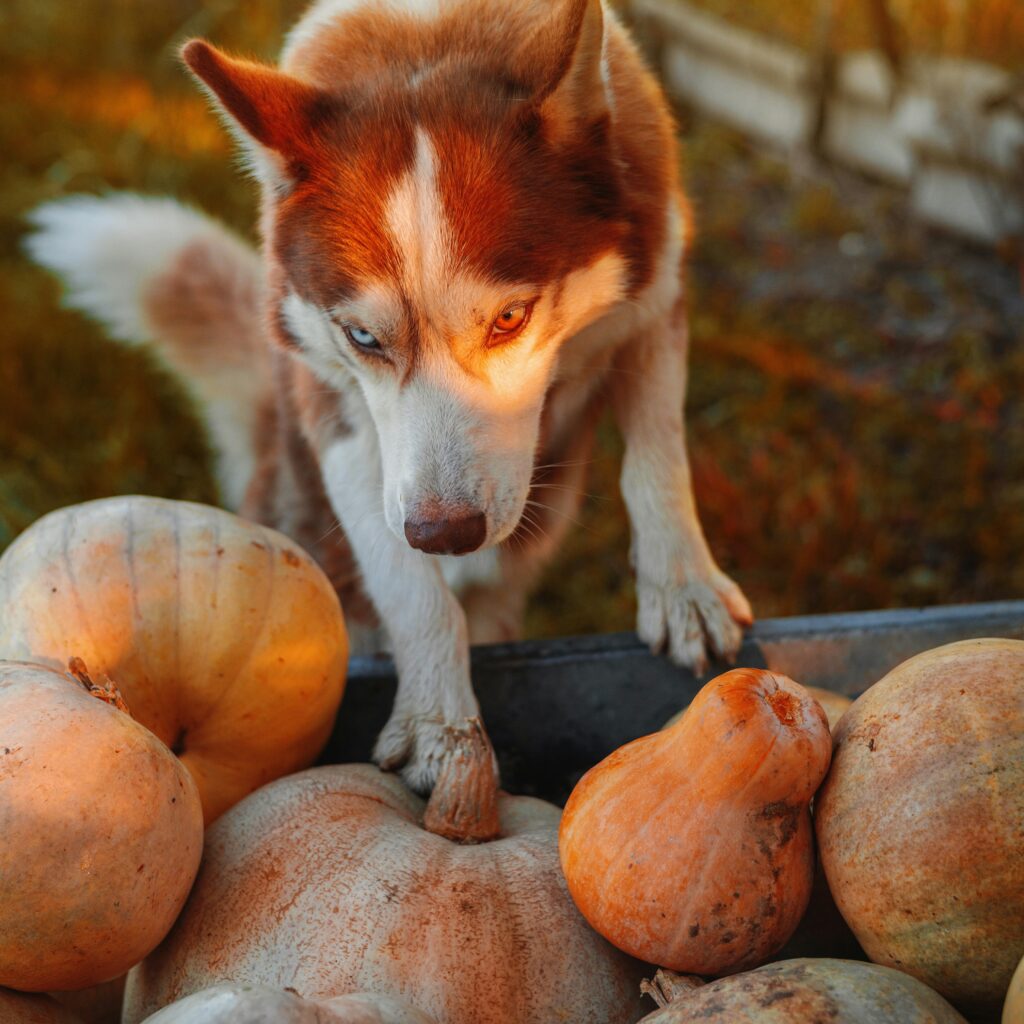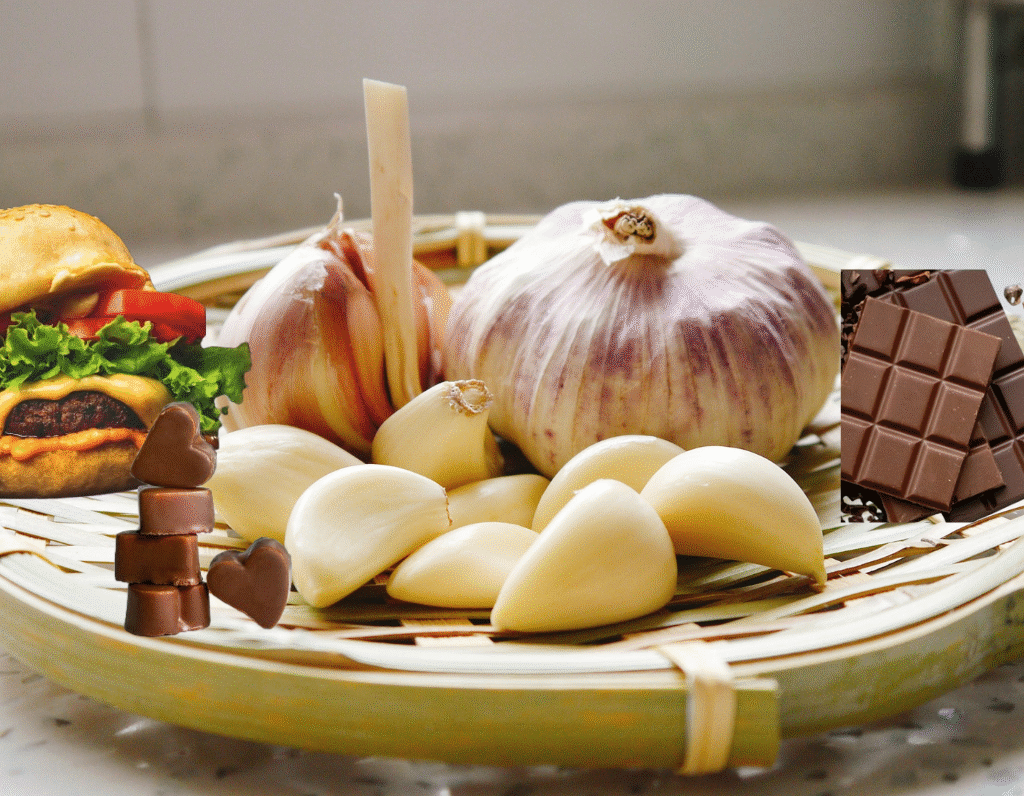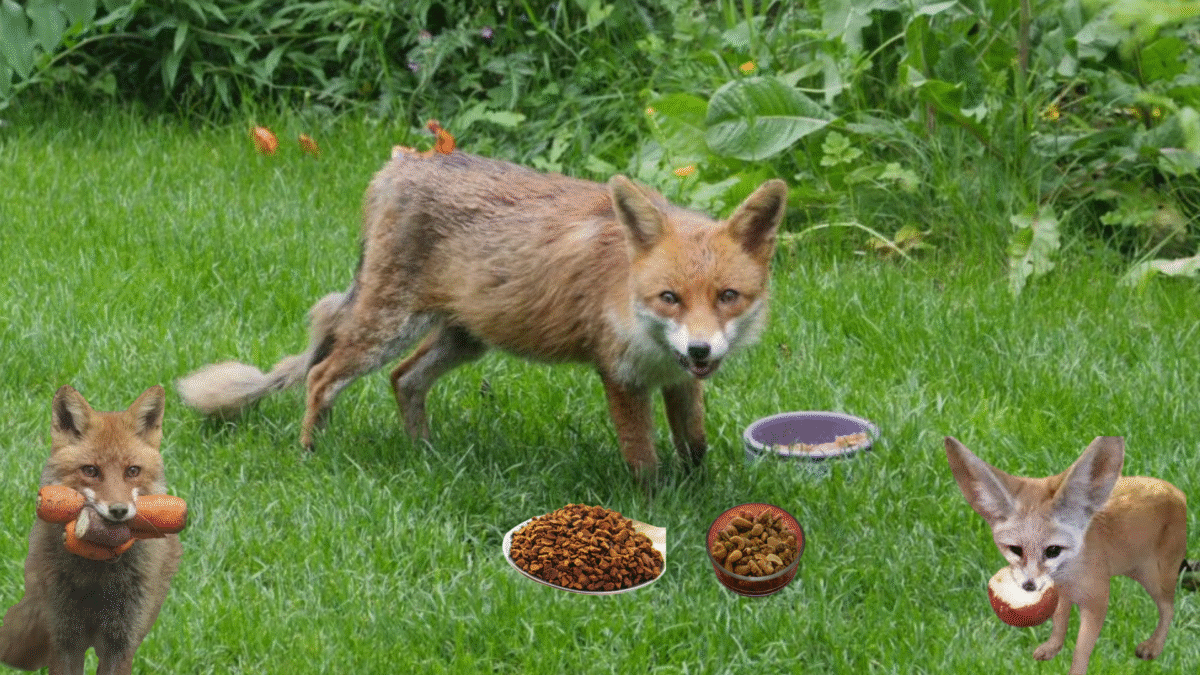The fennec fox (Vulpes zerda) is a popular pet fox. Choose the Best Feed for Your Pet Fox. People in the U.S. breed them, and they cost a few thousand dollars. Fennec foxes are small, live a long time, and have a gentle personality, making them great pets.
Choose the Best Feed for Your Pet Fox. Pet foxes can eat food like dogs and cats. They are omnivores, like dogs. Their food should have vitamins and minerals. It should also include meat and vegetables. They need different types of food to stay healthy.
This article gives important care tips for pet foxes. But don’t rely on it alone. If you’re considering getting a pet fox, research exotic pets more.
Understanding a Pet Fox’s Diet
To feed your fox properly, you must know what they must eat. Also, clear up any myths about their diet.
Nutritional Needs of Pet Foxes
Foxes are in the same family as dogs, but they eat differently. Foxes are omnivores, so they eat many types of food. In the wild, they eat rodents, birds, fruits, vegetables, and insects. For pet foxes, their food needs to be high in taurine. Taurine helps keep their heart and eyes healthy. Unlike dogs, foxes can’t make taurine on their own, so it has to be in their food.
Common Misconceptions About Feeding Foxes
There are many myths about feeding foxes. Some think foxes can live on dog or cat food alone, but that’s not true. These foods don’t have the right nutrients, especially taurine, which foxes need. Another myth is that foxes can’t eat fruits and vegetables. Foxes need a mix of foods, not just meat. To keep your pet foxes healthy, you need to know the truth about their diet and give them a varied diet like they would eat in the wild.
Protein for Foxes
In the wild, foxes hunt small rodents and pounce to catch their food. Pet foxes don’t need to hunt. Instead, give them special fox food with taurine. You can also give them pre-killed mice, small rats, or pinkies, depending on their size. Fennec foxes like mice and small rodents, while red or Siberian foxes can eat bigger prey like rats or small rabbits. Most of a fox’s diet should be protein. Insects are also important. You can feed pet foxes, mealworms, or crickets from pet stores.
Fruits and Vegetables for Foxes
Give your fox vegetables every day. You can use mixed frozen veggies, cherry tomatoes, and other small veggies. Small foxes need a few teaspoons, while larger ones can have a few tablespoons. If your fox’s stool has a lot of vegetable matter, you might be giving too many veggies. Cut back on the amount if needed. Fruits should be treated, not daily food. Foxes like berries and cherries can help with urine smell.

Grains for Foxes
Foxes in the wild don’t eat grains. So, don’t give them wheat, rice, or oats. They get their carbs from small animals like mice and birds that eat grains. They also get carbs from the fruits and vegetables they eat.
Vitamins and Supplements for Foxes
Taurine is important for pet foxes. It is usually in special fox diets or grain-free dog foods. If taurine is not in their food, you can add it with taurine capsules. Check with your vet before doing this. Most vitamins and minerals your fox needs are in grain-free food. The rest comes from the rodents, insects, and vegetables you give them daily.
Keep the Diet Natural
Foxes should eat a diet that is as natural as possible. They might like sweets and human food but don’t give them those. Just because a fox enjoys something doesn’t mean it’s good for them. If you’re unsure about their diet, ask your exotic vet for advice.
Dangerous Foods for Foxes
Foxes can be sensitive to some foods, which can make them very sick. Even though they eat many types of food, some things are dangerous for them.
- Onions and garlic can harm their red blood cells and cause anemia. Caffeine and chocolate are toxic and can hurt their heart and nerves.
- Fast food is bad for them because it has no nutrition and bad additives.
- Foods high in sugar, like sweets and bread, can cause dental problems and obesity. Grapes and raisins can lead to kidney failure.
- Avocado and macadamia nuts are also harmful to foxes.

The Importance of Routine in Feeding
Daily routines help people feel calm and safe, and the same is true for pet foxes. Feeding your fox at the same time each day helps their metabolism, digestion, and weight. For example, if you feed your fox at 7 AM and 7 PM, it creates a stable routine. This makes your fox feel safe and follow their instincts. Research shows that irregular feeding can stress animals. A regular feeding schedule is good for your fox’s health and mood.
Conclusion
Now you know how to feed your pet fox the right way. A good diet for your fox should have a balance of proteins, fruits, vegetables, and supplements. It’s important to avoid harmful foods like onions, garlic, caffeine, chocolate, grapes, and macadamia nuts. These can make your fox very sick. Also, be careful with commercial pet food ingredients. Make sure their diet is varied to keep them healthy Feeding schedules can vary depending on your fox’s age.
Adult foxes do well with one big meal each day. Growing kits, or young foxes, need to be fed more often. Having a routine is important for your fox. It helps with their metabolism, digestion, and health. Now that you know this, you can take great care of your pet fox. Providing a balanced diet and sticking to a feeding schedule will help your fox stay healthy and happy.

